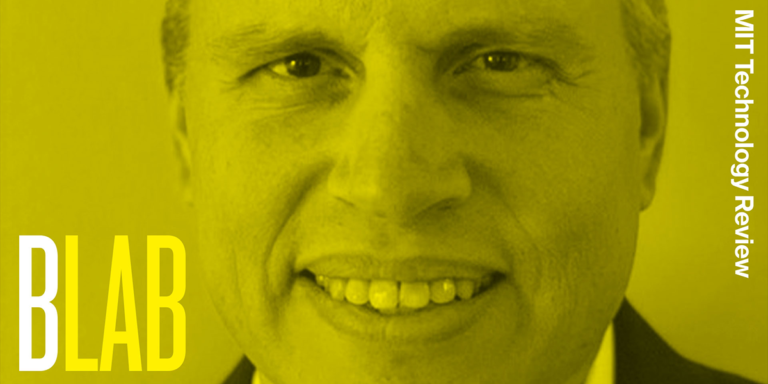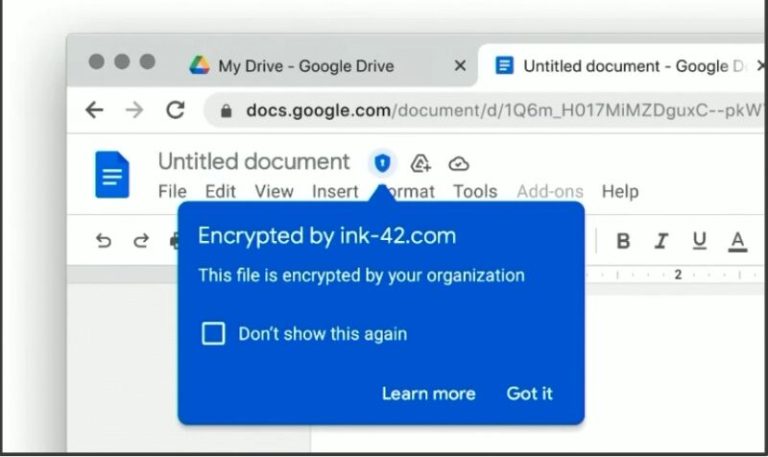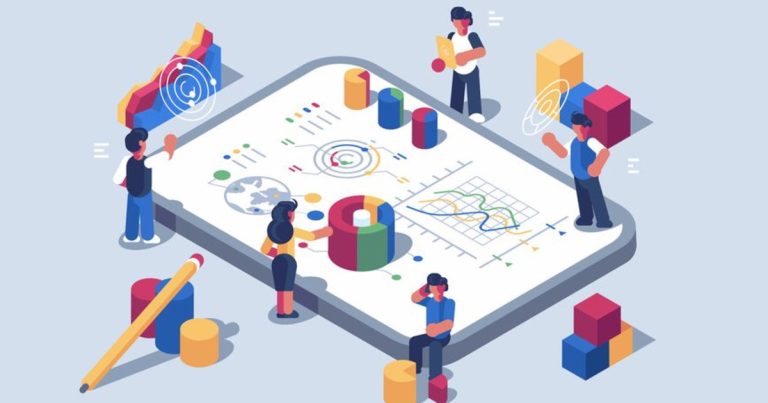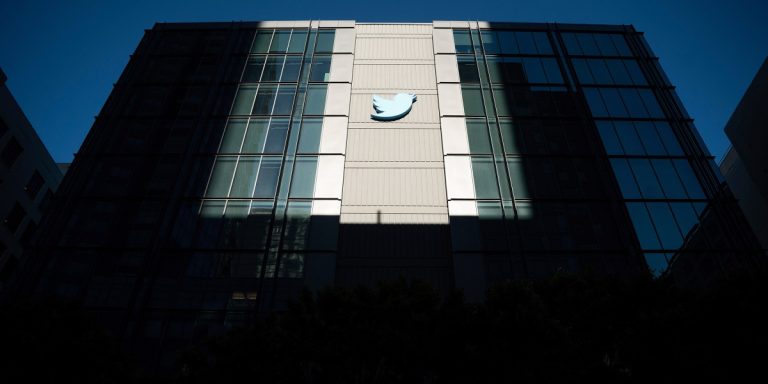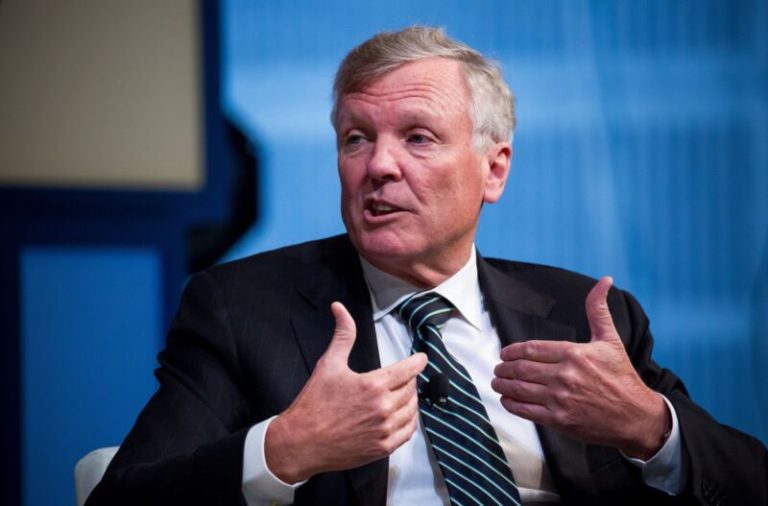
Welcome to The Make it Big Podcast, a bi-weekly audio series about all things ecommerce by BigCommerce.
Gen Z’s impact on commerce and culture is challenging legacy brands to think more creatively and innovate like never before. In this episode, Hana Ben-Shabat, Founder of Gen Z Planet, joins BigCommerce’s Melissa Dixon to discuss Gen Z’s defining characteristics and how brands can connect with younger shoppers.
Tune in to learn more insights on Gen Z’s industry disruption, including what they value in a modern-day shopping experience and how and where you can attract and convert them.
All episodes of The Make it Big Podcast are now available on Spotify, Apple and Google.
The Make It Big Podcast: Episode 4
Melissa Dixon: Can you give us a little bit of background to who is part of Gen Z? What are some of this generation’s defining characteristics?
Hana Ben-Shabat: “Gen Z is basically anyone who was born from 1998 to 2016. In total, we are talking about a massive group of people in the United States — 78 million. Just by the sheer size, you can’t ignore them; however, they have several characteristics that are very different from previous generations. First, Gen Z is the most diverse generation to live in this country. 48% are minorities. The second is they are the most connected generation. 87% had access to a cell phone before they were 15 years old. This is a generation that never knew a world without a search engine, mobile phone, or social media. That is a very different experience. It changes the way they connect to the world, the way they learn, and the way they process information. The third characteristic is their level of engagement. This is a highly engaged generation. Through technology, through their exposure to the world, they have experienced constant economic, social and political changes.”
MD: Can you tell us a little bit about more specifically how Gen Z is impacting commerce?
HB-S: “I always say that Gen Z’s arrival as consumers is going to disrupt the consumer market in a way that we have not seen before. It’s not like they are driving the disruption, because the disruption is already there. The retail market has been disrupted for the past few years, but Gen Z’s arrival is going to accelerate the disruption.
“To talk about disruption, we need to understand what happened over the past decade in the consumer market. If you kind of boil it down, it’s going down to two forces. One is technology and how technology shaped the way people look for products, discover products, et cetera. The other thing is values. People are consuming more and more based on their beliefs and value systems that affect them. If you take into account Gen Z has very distinct sets of values and they know the power of technology and how to use it to their own advantage, their arrival with these two elements is just going to accelerate what we knew about commerce.
“The reason why I think it’s still disruptive is because they are a very complex group of consumers. They are very savvy. They have high expectations from brands and retailers. They value authenticity and expect brands to be authentic and transparent about who they are. They consume consciously and reward purpose driven brands like Unilever and their sustainability effort, or brands that take a stance on issues that they care about, like Nike, which has never shied from actually taking a position no matter how that affects their performance.”
MD: What are a few key categories that you’ve seen Gen Z really making an impact in? What resonates with them? Where do they spend their money?
HB-S: “Gen Zers are very empowered consumers from a very young age. Because already as kids, they are used to having either access to a parent’s credit card or to some other sort of payment that allows them to download games, to download movies, to download music. They already, at a very young age, make purchasing decisions every day. That’s something that is very important to take into account when you think about this generation.
“In terms of where they spend their money, my research shows that the top three categories are eating out. That’s probably declined a little bit because of the pandemic and the quarantines, but I’m pretty sure it’s going to go back again. They really like to go out and eat, or they’re eating from restaurants, as opposed to making their own foods. That would be number one.
“Number two is apparel and footwear, which is extremely important. That’s kind of expected at this young age when young people use fashion and beauty as a way of self-expression. Fashion is a big one.
“The third one is entertainment. If you split the data between male/females, you will get beauty as a fourth category of importance. I think these are really the key major areas that young people spend their money on considering that they are not yet ready to make big purchases.”
MD: In your book, you talk about these six building blocks that form the foundation of next generation marketing. Tell us a little bit about those building blocks for marketing and selling to them.
HB-S: “It’s not like you have to use all of these, but you can pick and choose what is right for your brand and what your brand wants to major in. For some brands, it’s going to be purpose, because Gen Z really gravitates towards purpose-driven brands that reflect their values. Clarifying your brand purpose is the starting point of winning the heart of this generation. But it’s important to do it in a very authentic way, because Gen Z has a very sensitive BS meter. They easily detect when a brand is saying something that it doesn’t really stand behind.
“The second thing is to embrace diversity. Being the most diverse generation, Gen Z wants to celebrate diversity in all its forms. When marketing to Gen Z, diversity and inclusion is no longer a nice-to-have, but is a must-have.
“The third building block is connecting through communities. As opposed to what a lot of people think, that they are so consumed with their phones and they are isolating themselves because they do everything from their phone, that is only partially true, because they crave human connection both at work and in their daily life.
“The fourth building block is to personalize everything. As I said before, Gen Z is highly individualistic, and they expect a brand to recognize that when they communicate with them. That means personalized products, personalized services, and personalized communication. 70% of the Gen Zers I researched for my book told me that they don’t feel that communication from brands is sufficiently personalized, which is a huge opportunity.
“The fifth building block is what I call feed the content beast. Gen Z grew up with instant access to information. Exploration is part of their everyday lives. They expect brands to satisfy their curiosity and need for discovery through relevant and inspiring content. They are not compromising on that. Basically, again, in my research, more than 50% of Gen Zs said if they don’t get the content that they want, they simply stop following a brand or completely ignore the brand as they scroll through social media.”
MD: Well, I know you have this last building block about delivering unique experiences. What does that mean for Gen Z?
HB-S: “I think unique experience is something that means a lot of things to different people, but really they expect brands to deliver experiences that are authentic, that are memorable and shareable. I think whatever you do, you have to think, “Does this experience lend itself to sharing? Can the person actually feel that it’s interesting enough to share with others?” I think one way to do that is to have something that keeps the audience very active. That’s what Gen Z wants. They want to be active participants, not observers. I think this is one of the reasons why TikTok became such a popular channel with this generation. Because if you think about it, on Instagram, you’re an observer. You’re scrolling through a lot of other people’s stuff. On TikTok, you can watch other people’s videos, but the real fun is to create your own and be an active participant.
“I think that’s something that is important when you design experiences, to actually put the participants in the center. Gen Z wants to be the protagonist in an experience. When they are the protagonist, when they are actively participating, then they are going to talk about it. They are going to feel more emotionally connected, and they are going to be advocating for your brand. I have a lot of people talking to me about experiences and about the role of technology in experiences.
“Sometimes people forget that it’s not always about technology. You can have a very low-tech experience that is highly engaging that puts people in the center. To give you an example, a couple of years ago, JetBlue had a promotion for their flights from New York to California in the middle of the winter. They literally put this gigantic ice block in the middle of Madison Square here in New York. Inside the ice cube, there were potential prizes. There were airline tickets, there were golf clubs, apparel, gear, and so on. They asked people to come and basically chip in the ice and take whatever they can access. That’s something that just draws so many people. These are the kinds of things that Gen Z want to participate in. There was zero technology in that aside from the social media buzz that accompanied it. But if you think about it, it was such a simple thing to put together, and it puts the participants at the center of the experience. You feel that you are the winner in that experience.”
For full episodes, stream The Make it Big Podcast on Spotify, Apple and Google.


